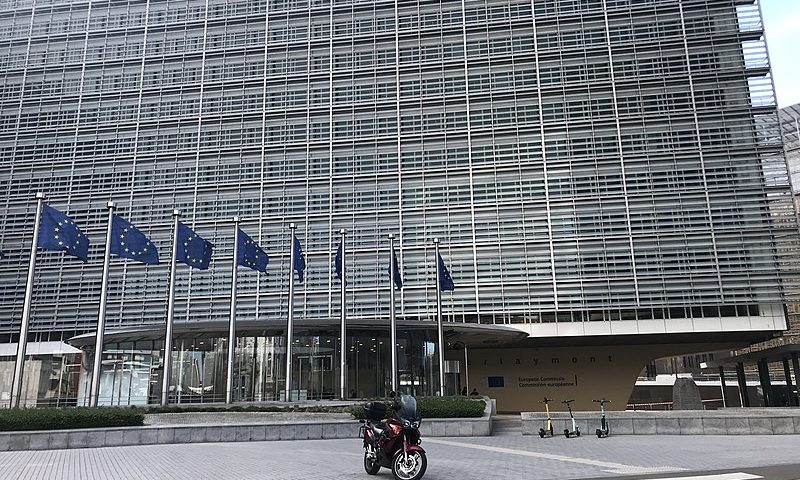The German Economy Ministry announced on Thursday that over 30 microelectronics projects in Germany will receive approximately 4 billion euros ($4.29 billion) in funding. This comes after the European Commission approved a support scheme aimed at advancing microelectronics technologies. The funding is seen as a significant milestone for Germany’s microelectronics sector and an important step in the country’s industrial policy, according to Economy Minister Robert Habeck.
The 4 billion euros in funding is part of a larger 8.1 billion euro ($8.7 billion) state aid package approved by the European Union’s executive. The EU is actively promoting technological innovation and aims to position itself at the forefront of technological advancements.
Companies such as Infineon, Elmos Semiconductor, and Robert Bosch are listed among the recipients of the funding, as stated in a document provided by the German Economy Ministry.
However, notable chip manufacturer Nexperia, which has a significant presence in Hamburg and is headquartered in the Netherlands but is Chinese-owned, did not make the list. The Handelsblatt business daily reported on Thursday, citing government sources, that Nexperia was removed from the list due to concerns about its Chinese connection. This decision reportedly involved Economy Minister Robert Habeck. The economy ministry has yet to comment on the report.
The funding for microelectronics projects in Germany underscores the country’s commitment to strengthening its position in the field of microelectronics and driving technological advancements in Europe.





